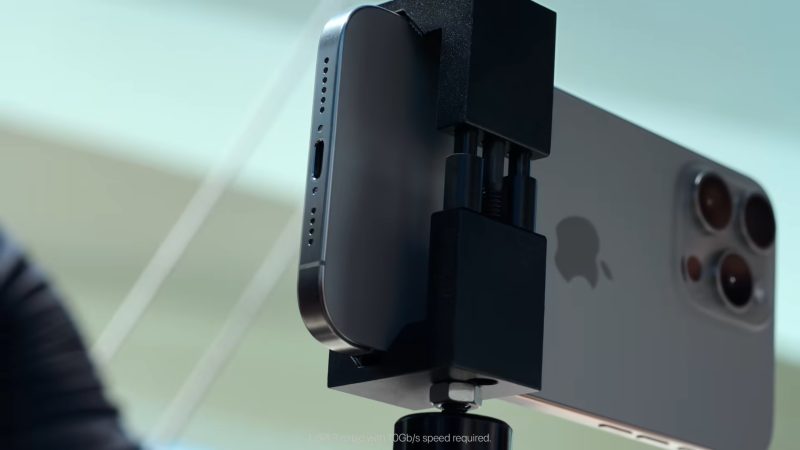It looks like Apple is set to blur the line between mobile gaming platforms and traditional consoles with its newest leap in innovation.
With the iPhone 15 Pro, Apple's latest flagship device, gamers and tech enthusiasts alike will experience games in a new dimension.
If announcements from Apple's recent event are anything to go by, the horizon for mobile gaming looks both expansive and enticing.
At the heart of this technological revolution is the A17 Pro chip, which, according to Apple, is the "fastest chip ever on any smartphone." Sribalan Santhanam, the silicon engineering group VP, boasted about the A17's ability to run ray-traced reflections four times faster than software-based rendering on current chips. This introduction of real-time ray-traced graphics propels the iPhone into an unprecedented realm of gaming. Apple isn't just inviting casual gamers to the party; they're aiming to bring core console and PC players into the mobile fold.
Apple's latest announcement heralds the arrival of AAA titles like Resident Evil 4 Remake, Resident Evil Village, Death Stranding, and Assassin's Creed Mirage to the iPhone 15 Pro.


